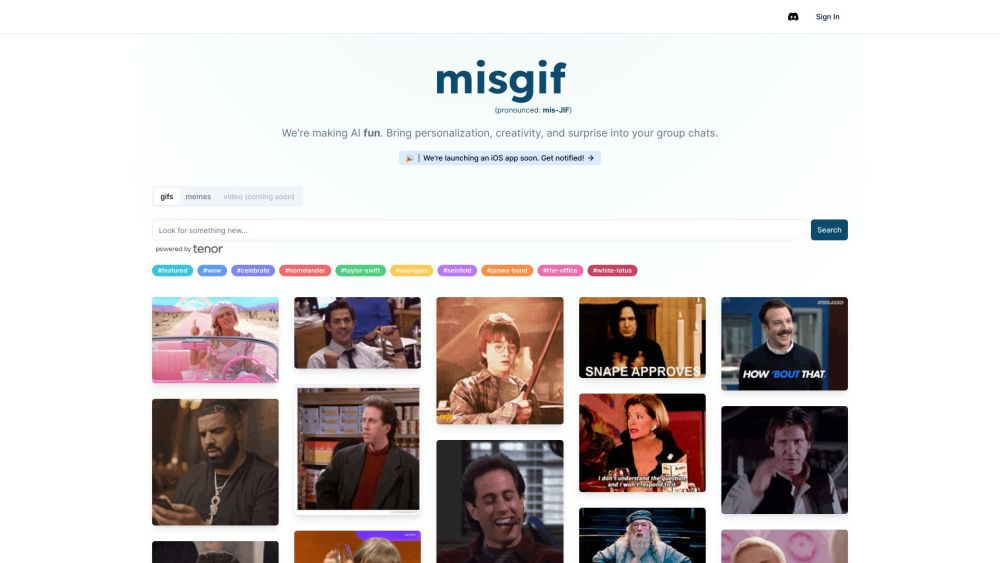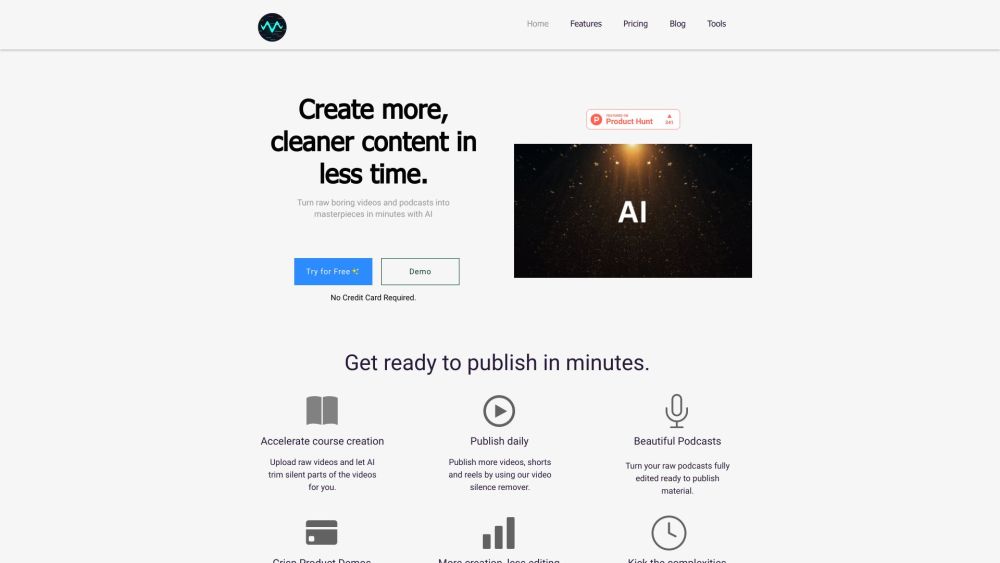The Cosmos Institute, a nonprofit established by influential figures such as Anthropic co-founder Jack Clark and former Defense Department technologist Brendan McCord, has unveiled a venture program alongside innovative research initiatives. Their mission is to “cultivate a new generation of technologists and entrepreneurs who possess deep philosophical insight to navigate the complexities of the AI era.”
In a recent blog post, McCord, the chair of the Cosmos Institute, announced the establishment of the Human-Centered AI Lab—referred to as the “HAI Lab”—at the University of Oxford. This initiative will be led by philosopher Philipp Koralus, another founding fellow. The goal of the lab is to “translate the philosophical principles of human flourishing into open-source software and AI systems.”
But what does it mean to “translate the philosophical principles of human flourishing”? While that remains somewhat vague, the fundamental aim is to promote the development of AI technologies that honor human dignity and mitigate harmful disruptions, such as job displacement due to automation. It’s a lofty, yet vital aspiration—one the HAI Lab is resolutely pursuing.
Additionally, the Cosmos Institute is launching the Cosmos Fellowship, starting with a cohort of four fellows. These individuals will work either at the HAI Lab or partner institutions for a duration ranging from one term to one year. They will engage in collaborative efforts with Cosmos mentors and pursue independent projects that explore the “intersection of AI expertise and deep philosophical insights,” according to McCord.
The Institute’s plans also include an investment aspect through a new venture organization called Cosmos Ventures. This initiative—led by notable figures like former DeepMind product lead Jason Zhao and ex-Stripe head of corporate strategy Alex Komoroske—will fund innovative prototypes, essays, and creative projects that tackle fundamental questions about the philosophy of technology, McCord stated.
McCord describes Cosmos Ventures as “low overhead,” inspired by the Emergent Ventures model developed by Institute fellow Tyler Cowen. Investments will range from $1,000 to $10,000 per project, which can be new initiatives or existing ones, provided they deliver a “major outcome” within three months.
The first group of projects has already received funding, McCord reported.
The Cosmos Institute is not the first organization to strive for a more ethical, humanistic approach to AI. OpenAI, founded to ensure the advancements in AI benefit humanity as a whole, has faced criticism for dismantling critical safety teams. Meanwhile, Clark’s own Anthropic, which initially championed safety and ethics, has recently pushed back against regulatory measures and aggressively scraped data without consent.
Perhaps the Cosmos Institute’s commitment to “accelerationism”—the principle that the future is not preordained, putting the onus on humanity—will yield better results.
“We must create AI that fosters inquiry over complacency and champions active participation over passive dependency, particularly in critical areas like education, healthcare, and civic engagement,” McCord emphasizes. “We advocate for AI that redistributes power and promotes grassroots solutions, enabling individuals and communities to collaboratively build a richer, more diverse society.”
These principles are commendable, and one can only hope that the allure of money, influence, and power does not lead to their compromise.




